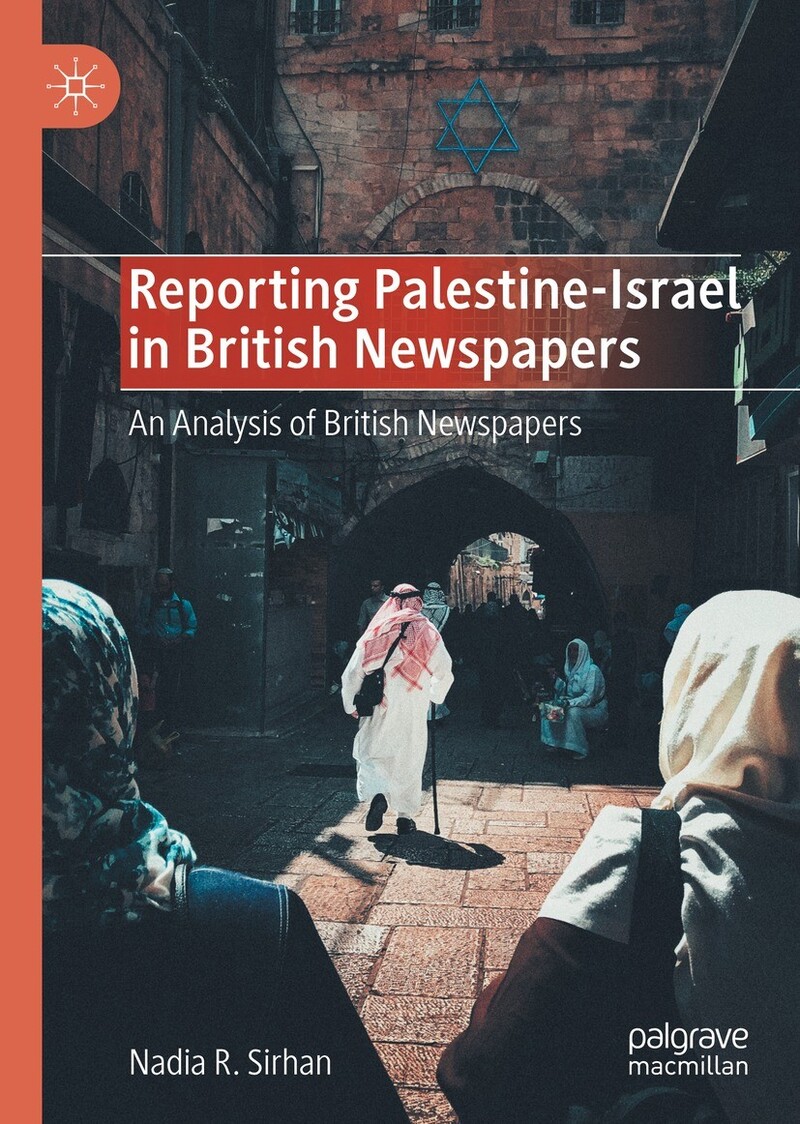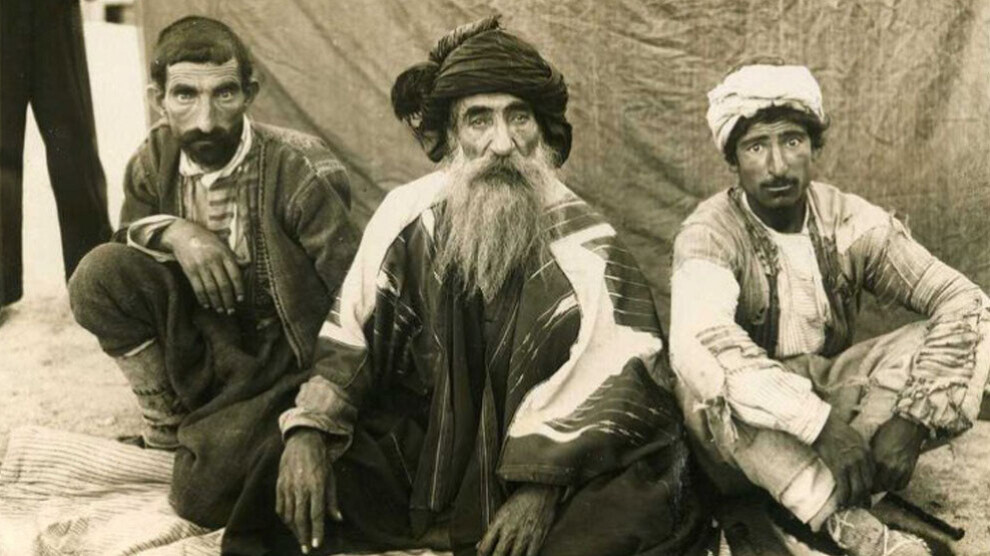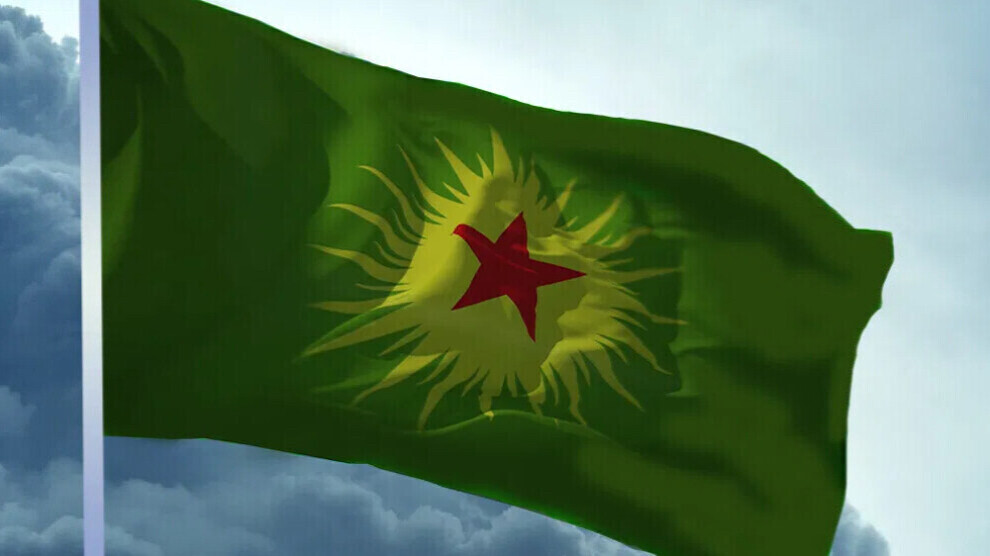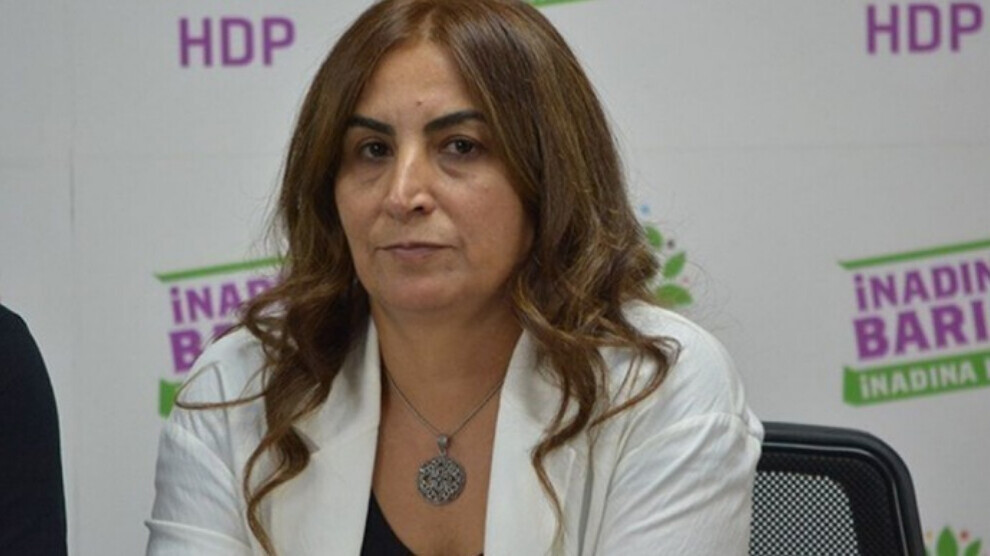Greg Shupak
7 July 2022

Reporting Palestine-Israel in British Newspapers: An Analysis of British Newspapers by Nadia Sirhan, Palgrave Macmillan (2021)
‘Conflict,’ Nadia Sirhan says in Reporting Palestine-Israel in British Newspapers, is the word most commonly used to describe Palestine-Israel but it should only be used that way if it appears between inverted commas.
The term, she points out, wrongly suggests a power symmetry between the parties, obscuring the realities of apartheid, colonialism and occupation.
“A new lexicon is needed,” she contends, “one that subverts the pervasive propaganda and blatant bias” that consistently favor the nuclear-armed ethnocracy that has dispossessed – and is dispossessing – Palestine’s Indigenous people.
Sirhan has a poetic flare making her work more readable than that of many scholars. She writes, for instance: “The Nakba continues apace. So much has happened since – 1967, the Intifadas, an unrelenting illegal military occupation, an illegal blockade, land theft, human rights abuses, etcetera, etcetera, in an interminable list – innumerable lives lost or destroyed, being lost and being destroyed. Present continuous.”
Yet such literary flourishes do not interfere with her book’s rigor.
Reporting Palestine-Israel in British Newspapers looks at how language is used in media coverage of Palestine and the ways linguistic choices can shape public opinion. Sirhan, a translator with a PhD in Arabic linguistics from SOAS, University of London, dissects word choices and sentence structure while also looking at such issues as Israel’s foundational myths, censorship, agenda setting and sourcing.
Sirhan analyzes approximately 400 articles from five British newspapers: The Daily Mail, The Guardian, The Independent, The Daily Telegraph and The Times.
She focuses on how these outlets have covered five recent events: Operation Cast Lead, Israel’s assault on Gaza in 2008-09; the kidnapping and killing in 2014 of three teenage Israeli settlers (Naftali Frenkel, Gilad Shaar, Eyal Yifrach); an arson attack in 2015 that killed a Palestinian toddler and his parents (the Dawabsha family) while severely burning a young child; the killing in 2017 of an Israeli police officer and two Israeli security guards (Solomon Gavriyah, Youssef Ottman, and Or Arish, respectively) in the illegal Har Adar settlement; and the killing, also in 2017, of unarmed Palestinian paraplegic Ibrahim Abu Thurayya.
Sirhan says the newspapers she looked at consistently provide their audiences with pro-Israel coverage. Sirhan’s third chapter, which looks at language use in the coverage, is especially compelling. She finds that, when Palestinians kill Israelis, the five newspapers use the active voice, but that they use the passive voice to describe Israel killing Palestinians.
Such formulations highlight Palestinian responsibility for violence and conceal Israel’s because passive voice occludes a sentence’s subject whereas active voice is clear about who did what.
Elsewhere in the book, Sirhan notes that just a few of the articles on Operation Cast Lead mention that Israel is an occupier and that many of the pieces “seemed to falsely imply” that, because Israel removed its settlers from Gaza, the Strip is no longer occupied.
The blockade and siege of Gaza are “largely absent” from the articles on Cast Lead.
The apparatus of state
According to Sirhan, fewer than half of the articles about the four other stories describe the West Bank as occupied and many of those that do only refer to it that way once.
In Sirhan’s dataset, moreover, Israeli settlements are seldom described as illegal and international law is rarely mentioned at all. Such sleights-of-hand obscure the extent to which Israel is an outlaw state and undermine the legitimacy of the Palestinian struggle.
These distortions have systemic explanations. Sirhan points out that because Israel has a state and Palestinians don’t, Israel can and does use this apparatus to try to manage perceptions of its policies.
It imposed a media blackout during Operation Cast Lead, for example, and – when it isn’t repressing or murdering Palestinian journalists – it obstructs their work by failing to grant them press accreditation, a tactic that Sirhan says has also been applied to non-Palestinian journalists accurately reporting on Israeli crimes.
Sirhan also writes that western journalists report from the Israeli side of the Green Line, or from Israeli-annexed Jerusalem, far more often than from the West Bank or Gaza. News outlets cite Israeli authorities as sources more frequently than they do Palestinians.
Moreover, Sirhan points to research showing that 54 percent of foreign journalists in Israel were fluent in Hebrew while 6 percent were fluent in Arabic. All such factors help make western journalists more likely to see matters from the Israeli point of view than from the Palestinian.
Sirhan suggests a variety of ways to improve the British media’s dismal record on Palestine. News agencies should base a team in the West Bank and should hire more Palestinian journalists who live in Palestine. Lobbies, she contends, should be more carefully regulated and their influence curtailed to rein in their ability to pressure journalists or try to discredit them.
Sirhan convincingly argues that the two-state solution is deceased though it’s unclear how this view squares with her assertion that “Israel must withdraw to the pre-1967 borders,” which seems to imply an Israeli and a Palestinian state. Her book closes by considering possible paths toward a future of peace and liberation in Palestine. She calls for organized mass protests and civil disobedience internationally to demand that governments stop arming Israel, cease buying Israeli weapons, and push for Israel to be prosecuted for its crimes against the Palestinians.
In addition, she advocates for full support of a global boycott, divestment and sanctions movement.
Such developments, in Sirhan’s estimation, will force Israel to abide by international law, end its criminal occupation, lift the siege of Gaza, and – citing France’s removal of one million of its citizens from Algeria – dismantle its post-1967 settlements. In a context like that, Sirhan thinks it might be possible for Palestinian refugees to return to their homes or be compensated if they decline to do so.
Reporting Palestine-Israel in British Newspapers is useful for academics, students and activists, and will be of interest to general readers who are curious about how media manipulation functions or who care about justice in Palestine and beyond.
Greg Shupak writes fiction and political analysis and teaches Media Studies and English at the University of Guelph-Humber. He is the author of The Wrong Story: Palestine, Israel, and the Media.







